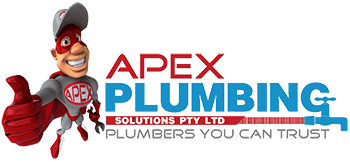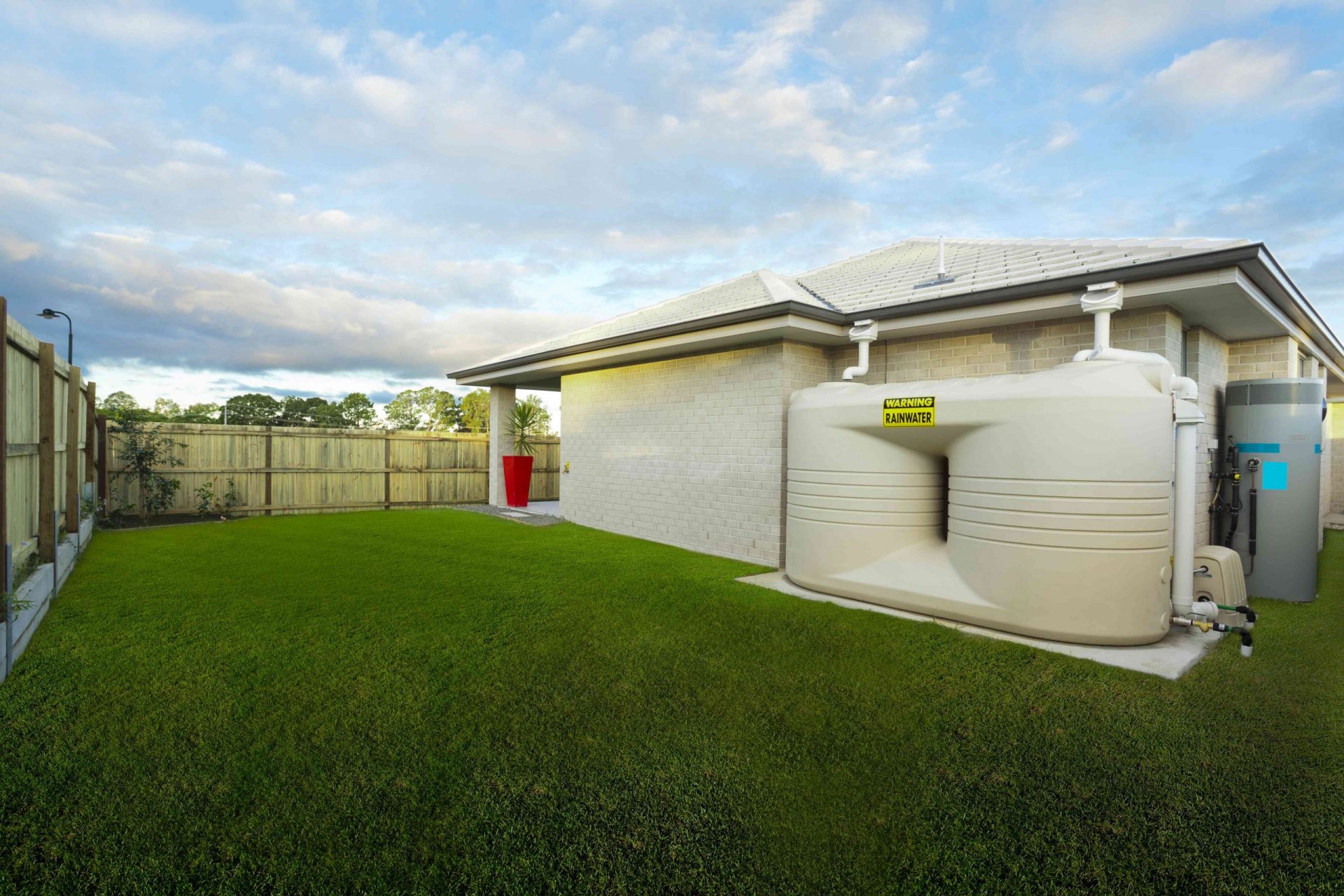Everything You Need to Know About Rainwater Purifying
So, what is the best way to purify rainwater collected from a roof? First thing first before starting any kind of purification process for water, it must be caught off the ground and moved to a place where you can treat the water safely away from contaminants. Rainwater should be collected in clean containers with tight-fitting covers to prevent contamination from dust, leaves and other debris. Use plastic containers without BPA liners, if possible, but avoid using any container that has previously held nonfood items like bleach or detergent.
Line your rain barrels with heavy-duty garbage bags before filling them to reduce the risk of tears and leaks. If you are unable to place the rain barrel inside your home, store it under cover so it will not collect dirt or animal droppings.
Maintain a constant source of water pressure so that water is only flowing into the home when you open a tap to use it. This prevents back siphoning of contaminated water into your home’s supply which can happen when water pressure in the pipes is too low.
Always use only cold water when preparing food or washing your hands, until you can verify that your treatment system is able to kill any bacteria that might be present.
If you must use rainwater for drinking or cooking, it can be treated with chlorine dioxide to make sure all pathogens are killed. Chlorine dioxide does not leave a bad taste like chlorine, and it has natural anti-fungal properties on top of killing any dangerous organisms that could potentially cause illness.
Best Way For DIY Purification of Rainwater
The easiest DIY way of purifying your rainwater is through filtration which removes particles from the liquid by passing it through a porous piece of material and trapping it. This is helpful for removing larger objects like leaves and twigs as well as debris that can clog up your plumbing system. It also works for other contaminants such as metals, microorganisms, dust particles and bacteria which all pose potential health risks once ingested into the human body.
The downside to filtration, however, is that it only removes larger particles but does not remove any harmful chemicals. This poses a serious problem especially if you are using rainwater collected from roofs with bird droppings because of the high amounts of nitrogen present in these feces.
Boon And Bane for Rainwater Collected from Roof
Boon
- Do not use potentially dangerous chemicals like chlorine and bromine like many other kinds of home treatment systems.
- Pretty easy installation with minimal parts or plumbing knowledge needed for this method as it does not require any power source.
- You can buy this type of system without the professional assistance needed because filters usually come with easy-to-follow installation instructions.
- The initial outlay for this filter type is usually more expensive than the other types of rainwater harvesting systems.
- In some cases, ion exchange membranes can remove pathogenic bacteria and cysts completely from the water.
Bane
- Contains living microbes that can multiply quickly if conditions are favourable, such as warmth, plenty of food and a suitable pH.
- Living microbes will also compete with you for oxygen as they consume it.
- Using natural biological processes can take longer to treat the same amount of water that is often required in a short period of time.
- Ion exchange systems use electrically charged particles called ions to attract contaminants so they can be filtered out of rainwater. The most common process uses either sodium or potassium salts which are positively or negatively charged to remove non-charged contaminants such as dirt, clay, and other sediments.
- Be aware that these systems can still allow helpful minerals to pass through in small quantities.
- Without professional plumbing services, it is harmful to purify and use the rainwater collected from the roof because they are experts, and they know what exactly is good to use.
- If you install a reverse osmosis or nanofiltration system which recycles its own wastewater when topping up the rainwater storage tanks, there may be too much sodium in your rainwater for it to be suitable for consumption because this could lead to health problems like high blood pressure and weight gain.
Experts Know Better Than You
If you are concerned about pollutants in your home’s water, be sure to contact a helpful plumber. Professional plumbing services can help you install a filtering system to clean your roof’s rainwater for safe use throughout your home. Experts have years of experience that will never let you down and this is a matter of drinking healthy and safe water so always seek out professional services. Contact Apex Plumbing Services at 1300096668 for any plumbing services in Sydney anytime 365 days a year.


